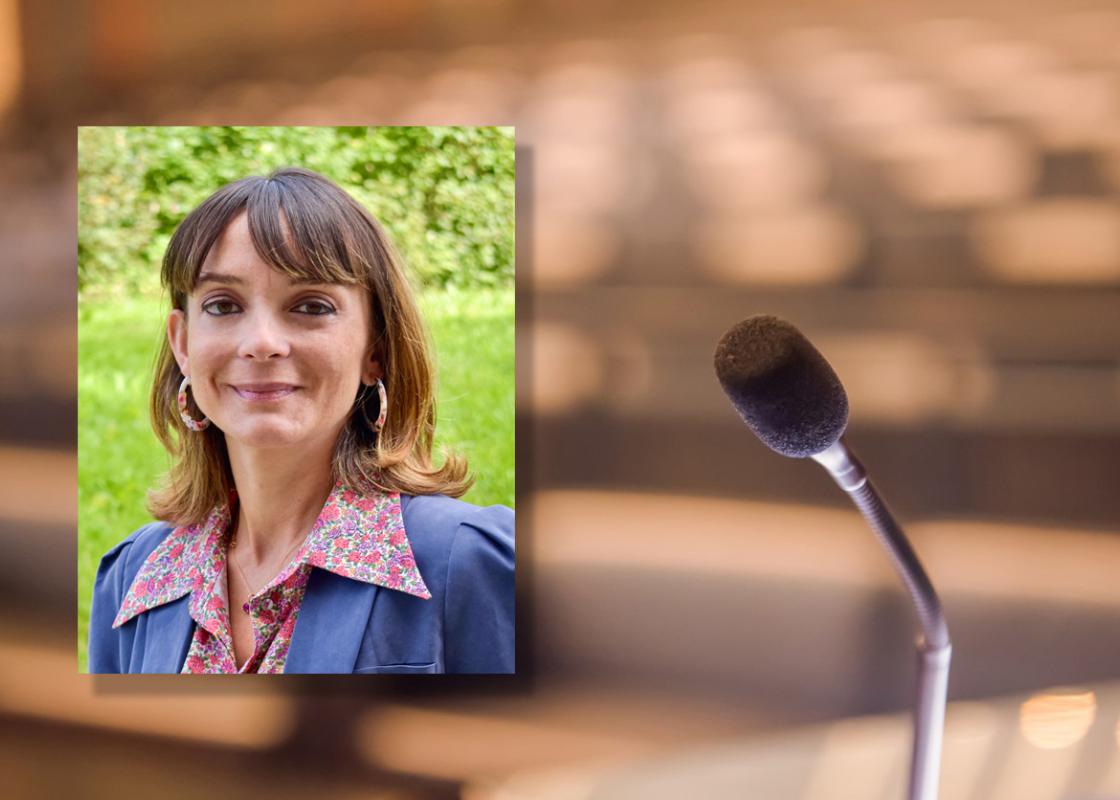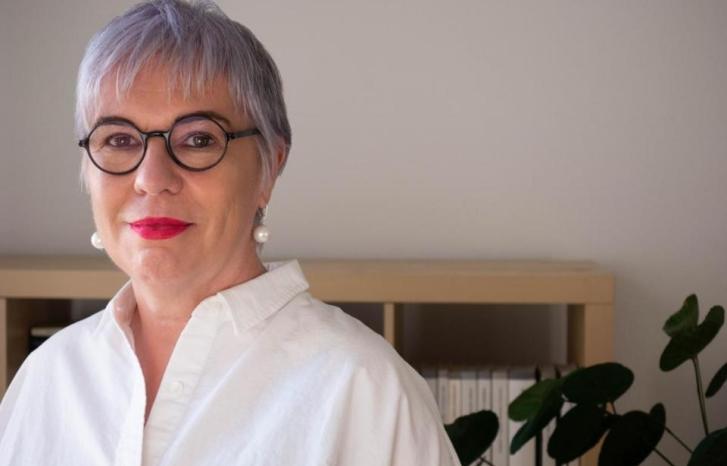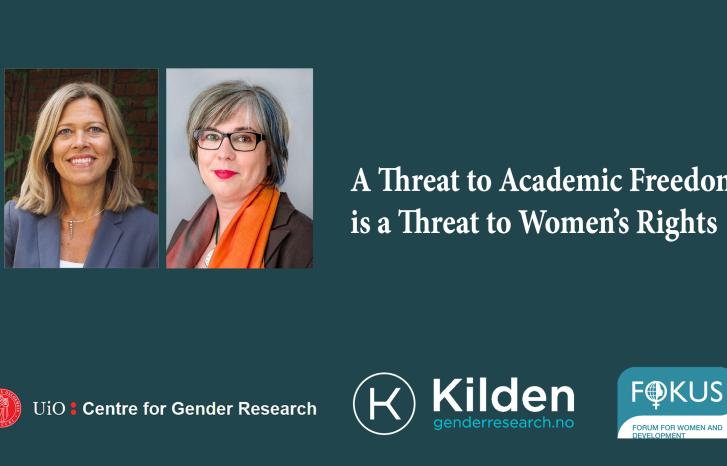This is an opinion article and reflects the author's own views.
Academic freedom is often understood as the right to resist censorship, political interference, or funding pressures. But in the digital age, it is also threatened in more discrete and pervasive ways: through online harassment, disinformation campaigns, and coordinated efforts to discredit researchers. For many scholars, particularly those researching gender, migration, racial justice, or the digital cultures of far-right and masculinist movements, this has become a normalized form of professional risk.
What is often dismissed as “trolling” or backlash is, in reality, a form of online violence. It is not only emotionally taxing, but it shakes the trust in research, delegitimizes expertise, and silences critical voices. This violence is most acutely felt by researchers with minoritized identities or precarious positions. And yet, the burden of managing the fallout is overwhelmingly placed on individuals, with little institutional support.
Kilden's news magazine has invited scholars in gender research to write about freedom of speech in academia.
Hande Eslen-Ziya is Professor in Sociology at the Universitety of Stavanger.
The other articles are in Norwegian:
The chilling effect is real
Crucially, this violence does not only come from faceless trolls or anonymous accounts. We are sometimes targeted by our own peers: academics who question our legitimacy and disseminate doubt about our work. Of course, academic disagreement and critical engagement are essential to knowledge production. But the line is crossed when critique targets the person rather than the scholarship.
This happens for instance when researchers are dismissed as “activists” rather than scholars, when they are accused of ideological bias for working on gender, race, or migration, or when their presence on public platforms is framed as self-promotion rather than engagement.
These actions may occur through conference panels, peer reviews, and often circulate in ways that isolate and undermine scholars rather than invite dialogue. When harassment comes from within the academic community, it reinforces exclusion not only socially, but also epistemically. It signals whose knowledge is considered valid, whose voice belongs, and which topics are too ‘risky’ to pursue.
I have seen this firsthand in my work on anti-gender movements and online masculinist spaces. These are not marginal corners of the internet. The ideas circulated in incel forums or far-right networks increasingly shape political rhetoric, enter mainstream discourse, and fuel online and offline attacks on those who study them. Colleagues have withdrawn from public engagement; early-career scholars hesitate to pursue certain topics. The chilling effect is real.
Drawing on these experiences, I propose the term online violence in our forthcoming edited volume (Un)Silencing Academia in Times of Epistemic Conflicts, co-edited with Alberta Giorgi. This framing helps us understand such attacks as structured and patterned acts of harm – not random incidents or digital friction. In my chapter, I argue that online violence operates on three interconnected levels: epistemic, by delegitimizing knowledge and authority; symbolic, by marking certain scholars as threats to public norms; and structural, by capitalizing on institutional neglect or silence. These attacks are not merely personal but are political acts of boundary enforcement. They aim to make certain topics unthinkable, certain identities unhearable, and certain research agendas unspeakable.
This is not only about individual harm. It is about what kinds of research are possible, who gets to speak, and whose knowledge is deemed legitimate.
Institutions must take responsibility
In our recent study, co-authored with Alberta Giorgi and Ceren Ahi, we surveyed scholars across Europe and the U.S. about their experiences with online harassment. Our findings were sobering: nearly half reported being targeted, and many indicated that they had considered reducing their public visibility or changing their research topics as a result. This points to a broader, structural silencing: one that is particularly severe for women, racialized scholars, and those working in politically charged fields such as far-right extremism, gender studies, climate science, or migration.
The Association of Internet Researchers’ 2025 Risky Research Guide echoes these findings, calling for a shift from an “individual resilience” model toward one of institutional accountability and collective care. It highlights how minoritized scholars are especially burdened by a safety work, the emotional and strategic labour required to stay safe while staying visible.
"Academic freedom is meaningless if it only applies to the safest topics or the most secure researchers."
Not an individual problem
Norway is not immune. As institutions become more reliant on public visibility, international rankings, and social engagement, they also expose their researchers to new kinds of attack. Yet few have clear protocols in place when staff are targeted. Too often, the response is silence or worse, subtle suggestions that the researcher provoked the backlash.
Yet protecting academic freedom requires more than reactive support for individuals under attack. The broader context matters. As funding for gender studies and critical social sciences is cut internationally and, as departments are defunded or rebranded under more politically acceptable labels like “family studies,” these fields and scholars within these fields become increasingly vulnerable. Marginalization makes it easier to dismiss their knowledge claims and to justify attacks on those who produce them.
That’s why we must think beyond damage control. Academic freedom also depends on investing in these research communities, networks of solidarity, and institutional spaces where politically sensitive knowledge can thrive.
Concretely, this means:
• Publicly defending scholars who are targeted;
• Providing legal, psychological, and digital safety support;
• Offering opt-in strategies for public engagement;
• Including safety and risk assessment in ethics procedures and supervisory practices.
• Safeguarding research communities and departments that produce politically sensitive knowledge;
• Taking a public stance against populist and anti-intellectual attacks on critical scholarship – even when it’s politically uncomfortable.
And crucially, it means treating this not as an individual problem, but as a structural and political issue: one that requires confronting the systemic marginalisation of critical research and resisting the broader devaluation of academic freedom in the digital age.
To be clear, researchers are not asking for special treatment. We are asking for the conditions to do our jobs without fear – whether that means investigating extremist ideologies, analysing gender-based violence, or questioning dominant narratives. Academic freedom is meaningless if it only applies to the safest topics or the most secure researchers.
Freedom of speech in academia must include the freedom to speak without being silenced through violence, harassment, or institutional neglect. Naming online attacks for what they are – violence – is a first step. The next is to build a culture of care, accountability, and shared responsibility. Protecting academic freedom also means standing firm against political efforts to delegitimize entire fields of knowledge. Our research depends on it. So does our capacity for epistemic insight and critique.



